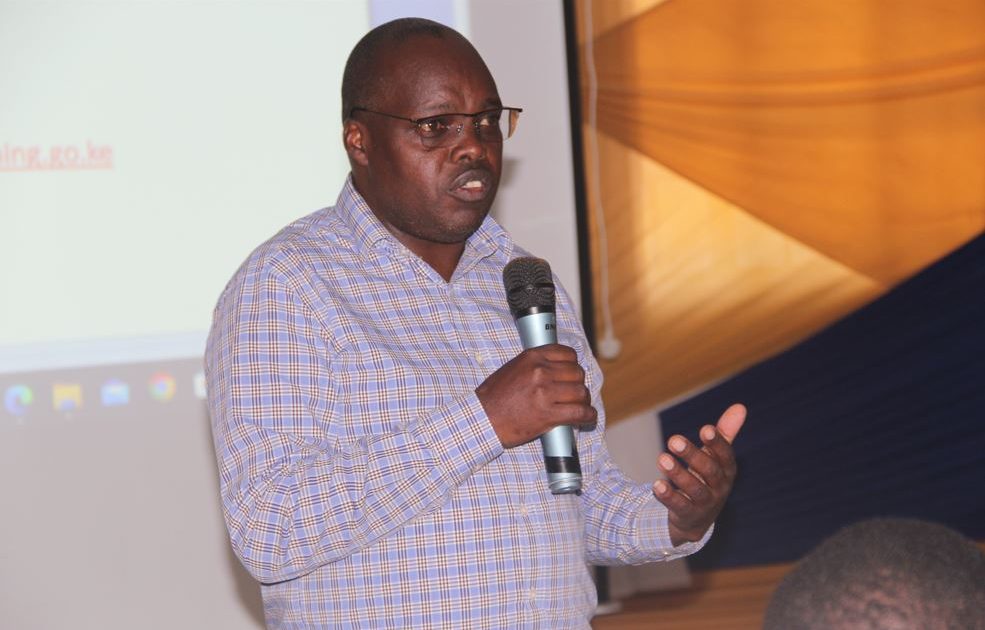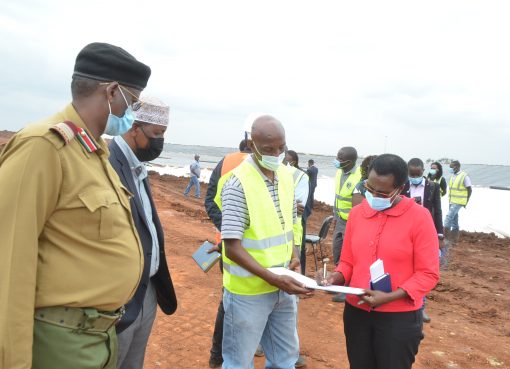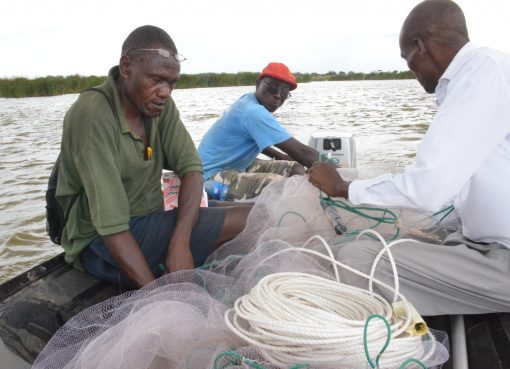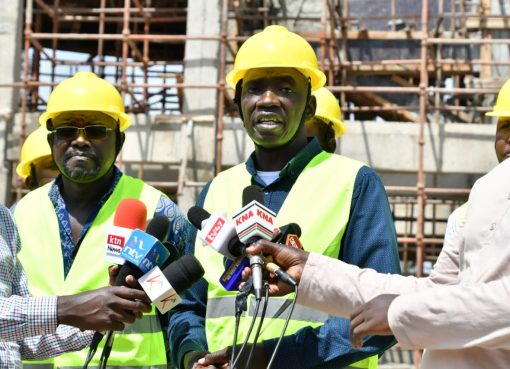The State Department of Mining has proposed to introduce three new regulations and amend three others to streamline operations in the mining industry.
The department is currently conducting public participation across the county to collect views from the public on the proposed regulations.
Speaking at the Rift Valley Technical Training Institute, RVTTI Eldoret, during a public participation forum drawing participants from eight counties: Baringo, Samburu, Elgeyo Marakwet, Nakuru, Nandi, West Pokot, Turkana, and Uasin Gishu, Geological Survey acting Director Enock Kipseba said though mining has been low in Kenya, the government was now taking the sector seriously.
The three new regulations being proposed include royalty collection and management, mineral royalty sharing, and gemstone identification and value addition.
Those proposed for amendment are license and permit amendments, dealings in minerals amendments, and mining support services regulations.
Kipseba observed that regulating the mining sector in the past has been poor, but with the creation of the Ministry of Mining, Maritime Affairs, and the Blue Economy, they intend to have a well-regulated mining sector where all players follow the laid-down license conditions so that Kenyans and the government commensurately benefit from the sector.
The acting director said with the introduction of the shareable mineral royalty, where 70% goes to the national Government, 20% to the county government, and 10% goes to benefit the community, the community will be assured of a share from mineral mining.
“The Community Development Agreement CDA, which will replace CSR, where mining companies used to do community projects at their whim or selectively, will ensure local people benefit from 1% of the gross sale of proceeds from mining that will go to community programmes or projects decided through public participation,” he explained.
The royalties aim to provide monetary compensation to the people as owners of the minerals until they are extracted. The royalties should be based on the total market value of minerals in their most processed and marketable form, the proposed regulations state.
At the same time, Kipseba said the department is in the process of demarcating areas for artisanal miners to formalise the sector and ensure they are correctly organised in groups and issued with proper licensing to enable them to operate from the designated areas.
“Before the enactment of the Mining Act 2016 that recognised artisanal mining, the artisanal miners were regarded and termed as illegal miners, but they are Kenyans earning a living from mining,” said Kipseba.
“The country gears towards harnessing its mineral potential, and there is an excellent urge for the formalisation of artisanal and small-scale mining (ASM).
By Judy Too and Kiptanui Cherono





